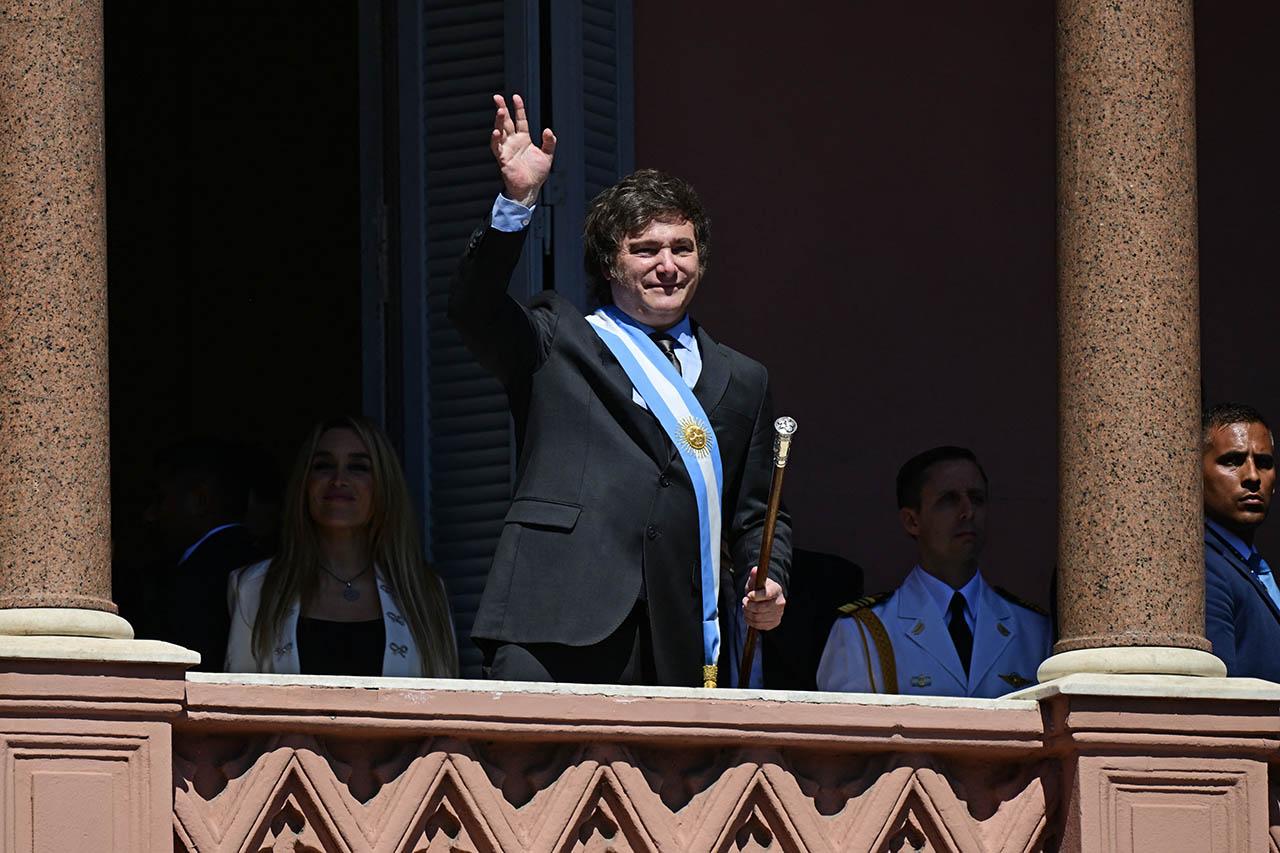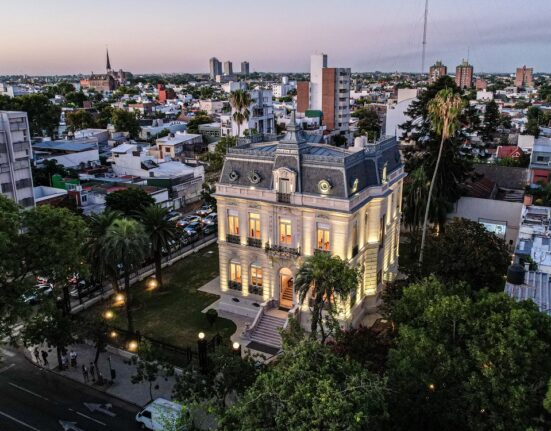Guido Carelli Lynch, the political section head, reported on an intriguing turn of events involving Javier Milei and provincial governors. The phenomenon of fog delaying flights proved to be a fortunate escape for Milei, who avoided an uncomfortable situation that would have highlighted the President’s distance from the governors.
The Casa Rosada had summoned provincial leaders for a vigil in Tucumán to commemorate the 209th Independence Day. However, most governors, actively pushing funding projects in Congress while the Casa Rosada sidestepped negotiations, hastily declined attendance. Only three had confirmed: host Osvaldo Jaldo and allies Hugo Passalacqua (Misiones) and Raúl Jalil (Catamarca).
Amid this backdrop, Gustavo Sáenz initially accepted but later withdrew his participation. Interestingly, he was photographed at the Rosada with Karina Milei on Monday. The contrast between this year’s sparse governor presence and last year’s where 18 attended would have been stark.
Manuel Adorni officially announced the trip suspension citing weather reports that made flights impossible. Despite this decision not yet communicated by the President, many governors had already withdrawn using various logistical excuses like aircraft shortages and prior commitments.
One sector of JxC’s moderate governors downplayed the government’s intent behind their invitation as mere protocol without political significance. Notably, key government political operatives did not intervene or attempt to persuade them otherwise.
The lack of response from high-ranking officials fueled discontent among governors which made headlines across newspapers and online portals. The provinces are pushing for bills related to fuel tax revenue sharing and streamlining certain funds distribution processes known as ATN.
While there is disagreement over fiscal impact assessments between provincial teams and federal authorities, tensions are building as provinces seek more financial autonomy ahead of elections.
Interestingly, some opposition-leaning governors have distanced themselves from government initiatives due to ideological differences despite being formally aligned with them in Congress.
The complexities within inter-provincial relationships reflect broader political dynamics shaping future alliances leading up to crucial election cycles.
As discussions continue on fiscal matters and resource distribution frameworks between central authorities and provinces; both sides weigh their options carefully amidst shifting political landscapes nationwide.





Leave feedback about this